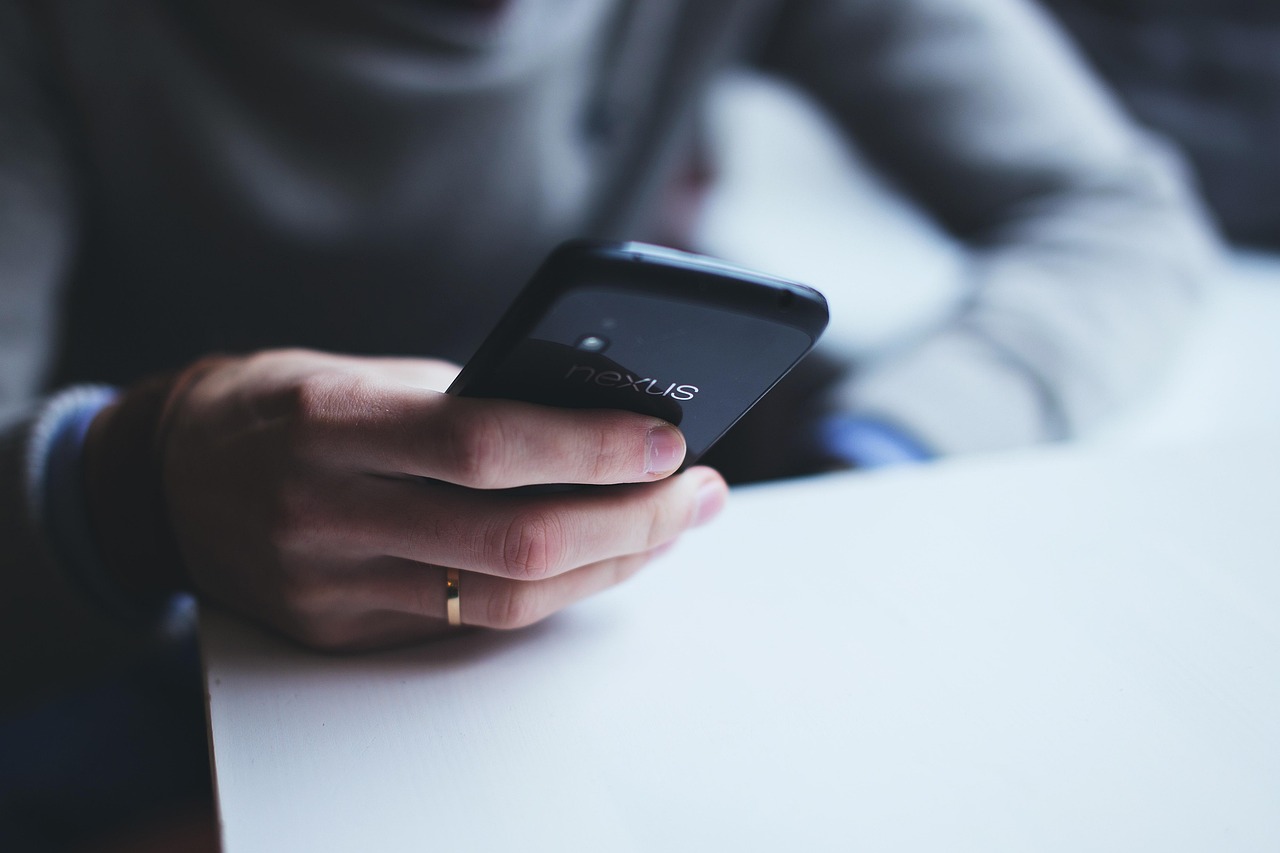What happens when a school goes mobile-free?
There is a lively debate about mobile-free schools in society and several initiatives have already been launched around Sweden. At the same time, research in this area is far from consistent. To contribute with scientifically based knowledge, researchers at Jönköping University, in collaboration with researchers at Kristianstad University, are following the introduction of mobile phone bans at two schools in a municipality in southern Sweden.

Photo: Pexels från Pixabay
The project began in autumn 2024, and one of the researchers involved is Manuela Schmidt, Associate Professor at the School of Health and Welfare, Jönköping University. So far, the research team has collected survey responses from both pupils and staff – before and after the mobile phone ban was introduced. They have also carried out focus groups with pupils and interviews with school staff to capture their experiences.
“We are examining what happens when a school becomes mobile-free by looking at how pupils, teachers, and other school staff experience it. What works less well? What works better? What are the most important lessons learned and outcomes? How should the introduction of a mobile-free school be managed, and how should the ban be enforced in practice?” says Manuela Schmidt.
The aim of the study is to scientifically investigate mobile-free schools and to contribute factual, objective knowledge to a debate that is often described as heated and lacking scientific evidence.
The researchers emphasise that it is still too early to draw any definitive conclusions about the effects of the mobile phone ban in schools – but some patterns are already beginning to emerge.
Pupils felt safer before the ban
According to Manuela Schmidt, the pupils’ survey responses so far do not show any major differences in screen time, feelings of safety, or focus in school – in fact, quite the opposite. For example, pupils reported feeling slightly safer before the mobile phone ban was introduced.
Moreover, the pupils’ own estimates suggest that their screen time has actually increased since the ban. As they are not using their phones during school hours, this may lead to more intense mobile use after school. The researchers have also observed a shift towards other digital devices, such as school computers, with pupils downloading games to play during the school day.
Parents also play an important role in the issue of mobile phone bans, and their views on the rules can vary.
“For instance, it is often parents who welcome such mobile-free rules, but at the same time, it is also parents who staff identify as a barrier to creating a mobile-free school,” Manuela explains.
The project will continue for an extended period so that the researchers can see whether the effects remain over time.
“Hopefully, we can contribute knowledge about whether – and, if so, how – mobile-free policies or bans should be implemented in schools in the future, taking into account the needs of pupils, teachers, and other school staff,” Manuela concludes.
Contact
- Associate Professor Quality improvement and leadership
- School of Health and Welfare
- manuela.schmidt@ju.se
- +46 36-10 1296

